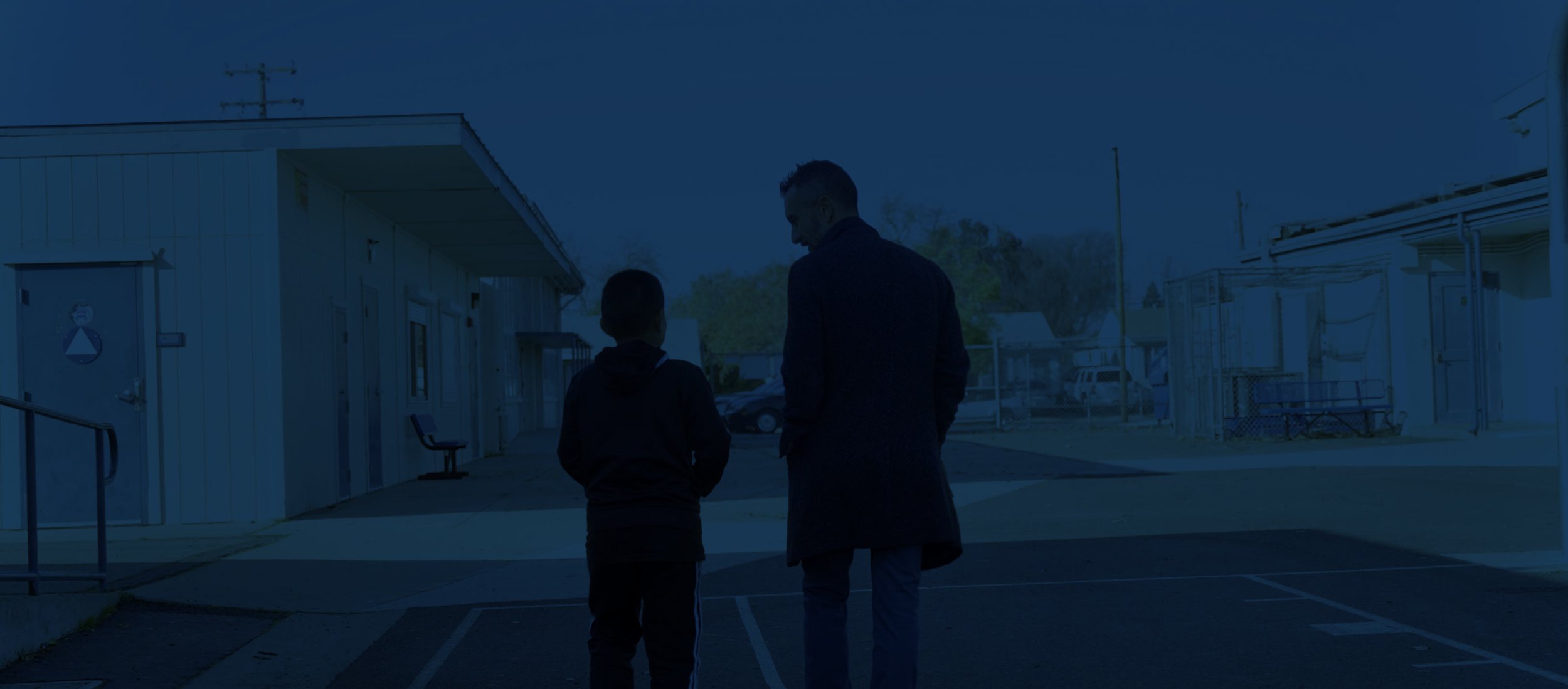
Clinician Role
Phase 3: Weeks 13-27 at School Site
Training Resource Home > Clinician I > Phase 3: Weeks 13-27 at School Site
Phase Overview
In this training phase, clinicians will focus on continuing to integrate into the school culture to support transforming the school into a center of wellness, while also fostering relationships with families and communities. Clinicians will continue to aim to meet target billable encounters weekly with timely documentation, and ensure they meet supervision and consultation requirements based on licensing status.
Phase Goals/Objections
Continue integration into school culture and develop school relationships as needed to support development of school as centers of wellness
Further develop relationships with families and communities
Actively navigate role through DEIB framework
Participate in multidisciplinary meetings, integrating COST principles and use of universal referral process into school site process
Continue to register and support clients referred through Universal Referral System
Complete 20 billable encounters weekly with timely documentation
Meet supervision/consultation requirements according to licensing status
Meeting Participation
Continue ongoing participation in essential multidisciplinary school meetings like COST, MTSS, PBIS, IEPs, and SST to ensure comprehensive support and collaboration across educational settings. Actively contribute to these meetings by sharing insights, addressing concerns, and working together with team members to develop effective strategies for student success. Maintain the critical task of regularly updating referral lists to ensure current and accurate information.
-
• Continue to participate in pertinent multidisciplinary meetings held by school (COST, MTSS, PBIS, staff meetings, IEPs, 504s, SST, etc.)
• Ensure referral list is updated
Role Development
Understand the importance of continuously integrating the principles of diversity, equity, inclusivity, and belonging into professional practices as a Clinician. Learn how to navigate discomfort through introspection and upholding Trauma-Sensitive Educational Leadership (TSEL) practices to foster a supportive environment. These guidelines ensure ongoing professional development and compliance with licensure standards in your field, fostering an inclusive and supportive atmosphere where all students and staff can thrive.
-
• Continue to navigate clinician role and incorporate DEIB framework into my practices and professional engagement
• Continue to navigate feelings of discomfort through introspection and upholding TSEL practices
• Attend and collaborate in regional team meetings, SBMHW team meetings, professional development and training; supervision/consultation, and events within school community
Engage with Community/Families
Learn about the importance of engaging and reaching out to the community and families in collaboration with a Family Navigator. This approach emphasizes building strong partnerships and fostering positive relationships outside of the school environment. By working closely with a Family Navigator, you can enhance support systems for families.
-
• Engage/outreach with community/families, alongside family navigator
Manage Calendars & Scheduling
Identify conflicts between the SCOE calendar and assigned school site calendar through the remainder of the school year. Develop a work plan for calendar conflicts to minimize scheduling confusion. Regularly review and update the calendar to ensure smooth communication among all stakeholders.
-
• Address discrepancies between school calendar and SCOE calendar with coordinator, and develop work plan for calendar conflicts
Begin Honorable Closing
Learn the importance of initiating discussions and planning for a respectful closure with clients following Spring Break, taking into account the District calendar for timing. This approach aims to ensure that clients receive adequate support and transition smoothly, fostering a positive and dignified conclusion to their interactions with the service provider.
-
• Begin discussing and planning for honorable closing with clients after Spring Break (timing contingent on District calendar)

Maintain Billable Encounters and Documentation
Understand the significance of consistently achieving 20 billable encounters weekly and ensuring prompt documentation submission for each encounter. These practices are crucial for achieving targets, maintaining accurate records, and facilitating effective billing processes.
-
• Maintain 20 billable encounters weekly
• Submit timely documentation for each billable encounter
Engage in Supervision or Consultation
Learn the specific requirements for Associate Clinicians pursuing licensure through the Board of Behavioral Sciences (BBS), including maintaining and submitting weekly logs for review, and actively participating in both group and individual supervision sessions on a weekly basis. Licensed Clinicians will understand the expectation of attending monthly clinical consultations, which are available twice per month.
-
For Associate Clinicians seeking licensure through the Board of Behavioral Sciences (BBS):
• Maintain completion of BBS weekly logs, and submit to clinician II at least monthly for review and signatures
• Attend and participate in group supervision weekly
• Attend and participate in individual supervision weekly
For Licensed Clinicians:
• Attend clinical consultation once per month (consultation offered twice per month)







